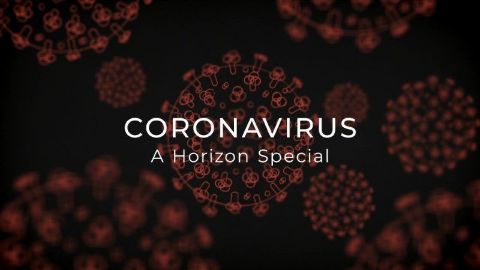War in the Blood • 2019
Follows two patients through groundbreaking 'first in-human' trials for CAR T-cell therapy, a treatment described as the beginning of the end of cancer. Not allowed to meet and separated by two floors of a hospital, 53-year-old Graham and 18-year old-Mahmoud are nevertheless bound together by their commitment to the treatment and their faith in the science. Terminally ill, the trial represents their only option. How do their ages and life experiences affect their physical and emotional response? For Martin Pule, the scientist who has developed the treatment, the responsibility of curing patients is both exciting and daunting. He knows he stands on the cusp of a breakthrough that could radically change the way we treat cancer. At the heart of this film is the complex relationship between the patients and the clinical team. How much hope can the patients be given when they are effectively going into these trials as human guinea pigs? The patients and clinical team must weigh up hope with realism and their response is a profound and revealing reflection of the human condition.
Make a donation
Buy a brother a hot coffee? Or a cold beer?
Hope you're finding these documentaries fascinating and eye-opening. It's just me, working hard behind the scenes to bring you this enriching content.
Running and maintaining a website like this takes time and resources. That's why I'm reaching out to you. If you appreciate what I do and would like to support my efforts, would you consider "buying me a coffee"?
Donation addresses
BTC: bc1q8ldskxh4x9qnddhcrgcun8rtvddeldm2a07r2v
ETH: 0x5CCAAA1afc5c5D814129d99277dDb5A979672116
With your donation through , you can show your appreciation and help me keep this project going. Every contribution, no matter how small, makes a significant impact. It goes directly towards covering server costs.





